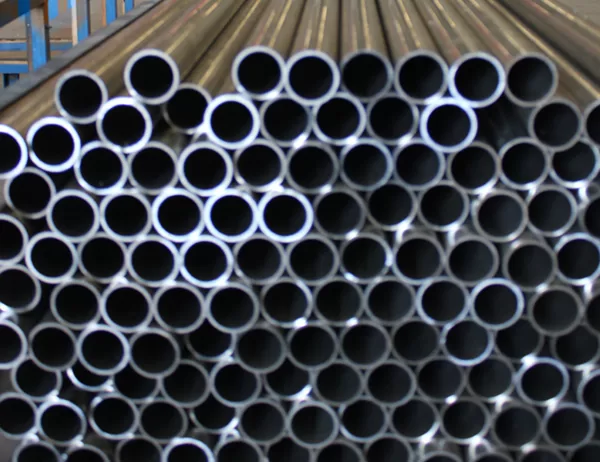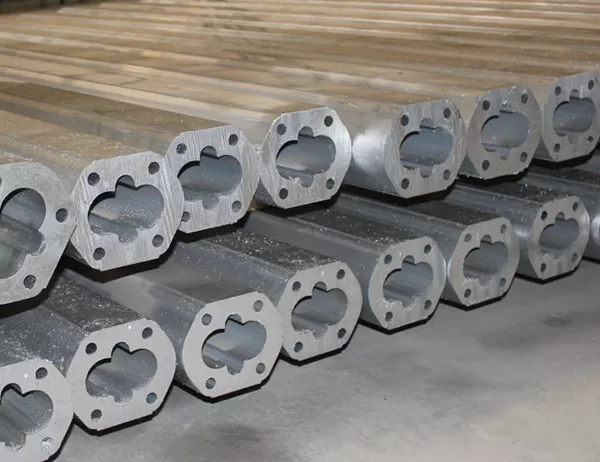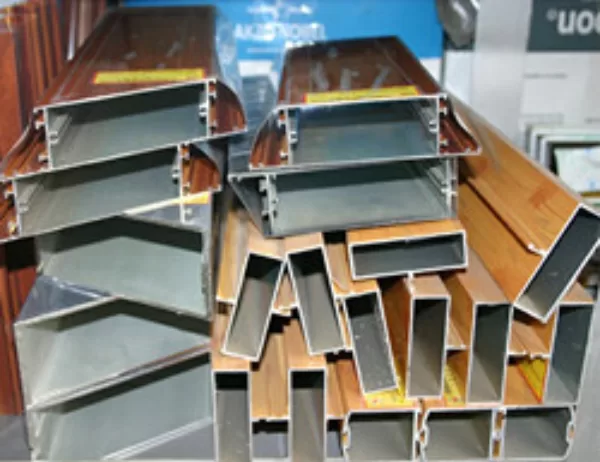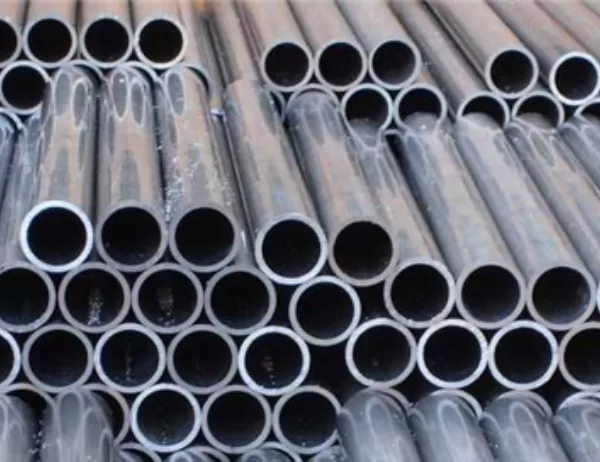Solar energy has emerged as a crucial component in the transition towards sustainable energy practices. To harness this renewable energy source effectively, solar panels have gained immense popularity. Aluminum profiles play a vital role in the structural design and performance of solar panels, and advancements in these profiles are shaping the future of solar panel technology.
Enhanced Durability and Longevity
Aluminum profiles for solar panels have traditionally faced challenges related to corrosion and degradation over time. However, technological advancements have led to the development of high-strength aluminum alloys and protective coatings that enhance the durability of these profiles significantly. These innovations increase the lifespan of solar panels, reducing maintenance costs and maximizing their energy generation potential.
Improved Thermal Conductivity
Efficient heat dissipation is critical for the optimal performance of solar panels. Aluminum, with its excellent thermal conductivity, facilitates heat transfer from the photovoltaic cells to the surrounding environment. Advanced manufacturing techniques have enabled the production of aluminum profiles with enhanced thermal conductivity, resulting in better heat management and improved energy yield.
Optimization of Structural Stability
The structural integrity of solar panels is paramount to withstand harsh weather conditions and ensure longevity. Aluminum profiles, with their high strength-to-weight ratio and corrosion resistance, provide exceptional structural support. Recent innovations have focused on optimizing the design and geometry of these profiles to enhance their load-bearing capacity, ensuring the stability of solar panels even under extreme forces.
Customization and Aesthetics
The increasing adoption of solar panels in both residential and commercial settings has led to a growing demand for customization and aesthetic appeal. Aluminum profiles can be easily customized to match the specific requirements of different projects. Surface treatments, anodization, and powder coating technologies allow for a wide range of colors and finishes, enabling architects and designers to incorporate solar panels seamlessly into various building designs.
Integration and Versatility
The future of solar panel aluminum profiles lies in integration and versatility. Technological advancements have facilitated the integration of additional features into these profiles, such as mounting solutions, electrical connections, and even sensors for monitoring system performance. This integration streamlines the installation process, reduces labor costs, and enhances the overall efficiency of solar panel systems.
Sustainability and Eco-Friendliness
Sustainability is a key concern in the solar industry. Aluminum profiles, when recycled properly, have a low environmental impact. Additionally, innovations in manufacturing processes have reduced the energy consumption associated with the production of aluminum profiles, contributing to a greener future.
In conclusion, the future of solar panel aluminum profiles is bright, characterized by continuous innovation and advancements. Enhanced durability, improved thermal conductivity, optimization of structural stability, customization, integration, versatility, and sustainability will pave the way for more efficient, reliable, and aesthetically pleasing solar panel systems, accelerating the transition to a clean energy future.




